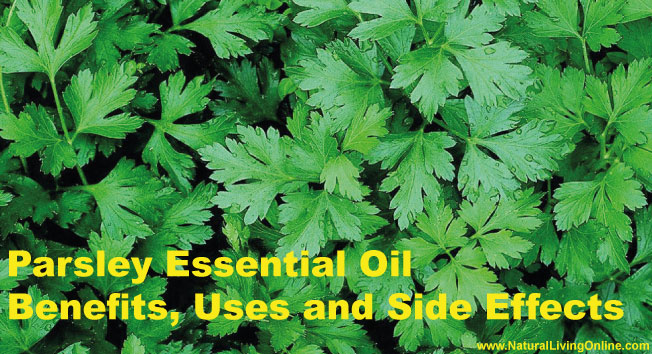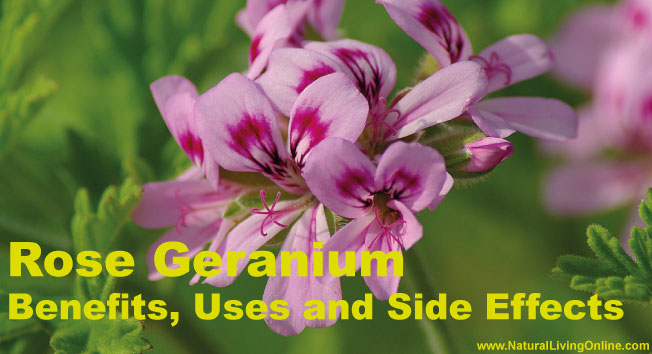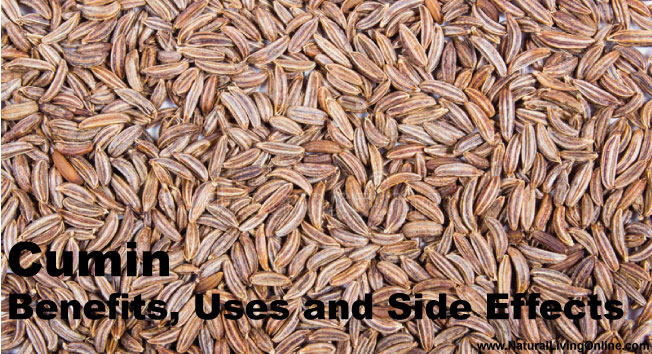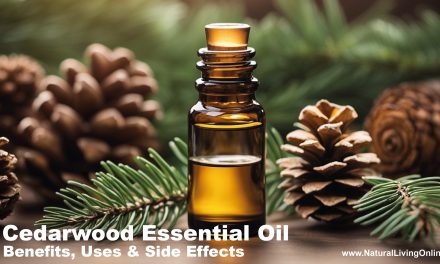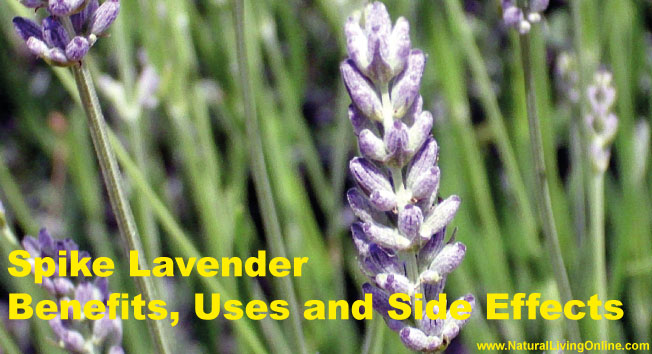Parsley essential oil is derived from the parsley plant, which is native to the Mediterranean region. The oil has a wide range of benefits and uses, including being a natural digestive aid, helping to relieve pain and inflammation, and even acting as a diuretic.
Essential Oil Profile / Monograph
Botanical Name: Petroselinum crispum
Common Names: Parsley, garden parsley
Plant Family: Apiaceae
Countries of origin: Mediterranean region
Extraction Method: Steam distillation
Parts Used: Leaves and seeds
Essential Oil smell: Spicy, herby, and earthy
Essential Oil Color: Clear to pale yellow
Viscosity: Thin
Perfumery Note: Middle
Strength of Aroma: Medium
Blends Well With: Basil, Bergamot, Black Pepper, Carrot Seed, Chamomile Roman, Citronella, Clary Sage, Coriander Seed, Dill Weed, Eucalyptus Globulus, Fennel Sweet, Ginger Root, Grapefruit, Lavender, Lemon, Marjoram Sweet, Nutmeg, Orange Sweet, Oregano, Palmarosa, Rosemary Verbenone, Tea Tree
Therapeutic Properties: Analgesic, anti-inflammatory, antispasmodic, carminative, diuretic, emmenagogue, expectorant, stimulant
Uses: Aromatherapy, cosmetics, culinary
Contraindications: Avoid during pregnancy and breastfeeding due to diuretic effect. Use with caution on sensitive skin.
Side Effects: Parsley essential oil can cause allergic reactions in some people. If you experience any symptoms of an allergic reaction, such as hives, swelling, or difficulty breathing, stop using the oil immediately and seek medical attention.
Parsley essential oil can also cause skin irritation in some people. If you experience any redness, swelling, or itching after applying the oil to your skin, wash the area with soap and water and avoid using the oil in the future.
Chemical Constituents:
apiole (0.4-2.4%)
bergaptene (0.1-0.5%)
beta-carotene (0.02-0.04%)
boragofficinalis (0.4-2.4%)
linalool (0.3-1%)
myristicin (0.3-1%)
phellandrene (trace-0.4%)
pinene (trace-1%)
terpineol (0.2-0.6%)
What is Parsley?
Parsley is an herb that is commonly used in culinary dishes for its fresh, green flavor. It is also a popular garnish. Parsley is native to the Mediterranean region and has been used as a herbal medicine for centuries.
Benefits
Parsley essential oil is high in antioxidants and has anti-inflammatory, antispasmodic, and diuretic properties. It is also a stimulant and can help to relieve fatigue.
It most commonly used as a digestive aid. It can help to relieve gas, bloating, and indigestion. The oil can also help to reduce the severity of diarrhea and constipation.
It is also effective in treating pain and inflammation. It can be used to relieve the pain of arthritis, headaches, and menstrual cramps. The oil can also help to reduce inflammation associated with injuries and skin conditions such as eczema.
It can also act as a diuretic, helping to expel excess water from the body. This can be helpful for those who are suffering from water retention or edema.
Uses
Parsley essential oil can be used in a variety of ways. It can be added to a diffuser or diffused into the air to freshen the smell of a room and promote relaxation. You can also add a few drops of parsley oil to your bath water for a relaxing, stress-relieving soak.
It can also be used topically. You can add a few drops to a carrier oil and massage it into your skin. You can also add a few drops of parsley oil to your shampoo or conditioner to boost its effects.
Historical use of Parsley as a herbal medicine
Parsley has been used as a herbal medicine for centuries. It was traditionally used to treat digestive problems, fatigue, and joint pain. Parsley was also thought to have detoxifying effects and was used as a treatment for urinary tract infections.
Topical use
Parsley oil can be used topically to treat a variety of skin conditions. It can help to reduce inflammation and soothe irritated skin. It can also be used to treat dandruff and other scalp conditions.
Parsley Essential Oil benefits for skin
It is high in antioxidants, which can help to protect the skin from damage caused by free radicals. The oil’s anti-inflammatory properties can also help to reduce swelling and redness. Additionally, parsley oil can help to improve circulation and promote healing.
Parsley Essential Oil benefits for hair
It can help to stimulate hair growth and prevent hair loss. It can also help to treat dandruff and other scalp conditions.
Aromatherapy
Parsley essential oil can be used in aromatherapy to promote relaxation and ease stress. The oil’s fresh, green scent can also help to freshen the smell of a room.
Diffuser blends for aromatherapy with Parsley Essential Oil
1. Lavender and Parsley – This blend is calming and relaxing.
2. Peppermint and Parsley – This blend is invigorating and refreshing.
3. Rosemary and Parsley – This blend is stimulating and uplifting.
4. Geranium and Parsley – This blend is balancing and harmonizing.
5. Jasmine and Parsley – This blend is romantic and sensual.
6. Chamomile and Parsley – This blend is soothing and calming.
7. Lemon and Parsley – This blend is energizing and uplifting.
DIY recipes with Parsley Essential Oil
1. Homemade Facial Toner – Add a few drops of parsley oil to a cotton ball and apply it to your face after cleansing.
2. Homemade Lip Balm – Add a few drops of parsley oil to your favorite lip balm recipe.
3. Detoxifying Body Scrub – Mix together sugar, olive oil, and a few drops of parsley oil to create a scrub that will help to detoxify your skin.
4. invigorating Bath Bomb – Add a few drops of parsley oil to your favorite bath bomb recipe.
5. Energizing Body Butter – Mix together shea butter, cocoa butter, and a few drops of parsley oil to create a body butter that will help to energize your skin.
Frequently Asked Questions
Who should not use Parsley oil?
Pregnant women and breastfeeding mothers should not use Parsley essential oil. Additionally, people with sensitive skin should do a patch test before using Parsley essential oil.
Does Parsley oil interact with any medicine?
There are no known interactions between Parsley essential oil and medication. However, as with all essential oils, it is always best to speak with a healthcare professional before using any new product.
Can you use Parsley oil everyday?
Parsley essential oil can be used safely on a daily basis. However, it is always best to start slowly and increase the frequency as needed.
Is it OK to breathe in Parsley oil?
Yes, it is safe to inhale it.
How much Parsley oil daily is safe?
There is no definitive answer, as everyone may react differently. It is always best to start slowly and increase the amount as needed.
Does Parsley oil raise blood pressure?
There is no evidence to suggest that Parsley oil can raise blood pressure.
Does Parsley oil repel insects?
There is no evidence to suggest that Parsley oil can repel insects.
Can I directly use Parsley oil on skin?
It can be used directly on the skin in diluted form. However, it is always best to do a patch test first to make sure you are not allergic.
Is Parsley oil good for hair?
Yes, It can be beneficial for hair. It can help to stimulate hair growth and prevent hair loss.
Is Parsley Essential Oil safe for kids?
It is safe for kids when used properly. However, it is always best to speak with a healthcare professional before using any new product.
Is Parsley oil safe for cats and dogs?
It is generally safe for cats and dogs. However, it is always best to speak with a veterinarian before using any new product.
References:
Petroselinum Crispum is Effective in Reducing Stress-Induced Gastric Oxidative Damage
This website does not provide medical advice.
All information provided on this website, and on associated social media networks, including but not limited to texts, images, and numbers are for general information purpose only. It is not intended as medical advice and it does not include all possible precautions, side effects, or interactions that may occur. Neither NaturalLivingOnline.com nor its author/founder take responsibility for how you use this information. Statements contained on NaturalLivingOnline.com have not been evaluated by the FDA. You should conduct thorough research via multiple sources and consult your physician or qualified doctor before using any essential oil or herbal remedy. Information on NaturalLivingOnline.com must not be relied upon for medical, legal, financial or other decisions.

